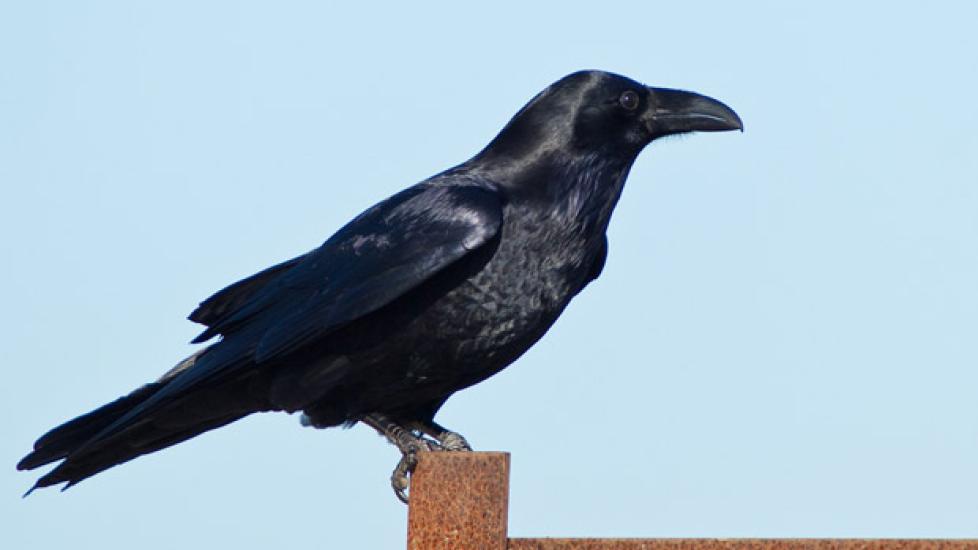Gastrointestinal Parasites in Birds
Avian Trichomoniasis
Gastrointestinal parasites can cause many problems in a bird's stomach and intestines, but also affects the normal functions of other organs. One such gastrointestinal parasitic infection is trichomoniasis.
Trichomoniasis, also called canker or frounce, is an infection caused by Trichomonas gallinae, a protozoa (or single-celled microbes). It generally affects wild birds, and is occasionally seen in pet birds, mainly budgerigars.
Symptoms and Types
The usual signs of trichomoniasis include pale yellow or whitish-yellow lesions (like cheese or curd) in the lining of the mouth, throat, crop, and esophagus. Other symptoms commonly displayed are increased saliva production and throwing up undigested food (regurgitation).
Shop Bird Products
- Mazuri Small Bird Food, 2.5-lb bag$13.59Chewy Price
- JW Pet Small Comfy Bird Perch, 21-in$6.80Chewy Price
- Lafeber Tropical Fruit Nutri-Berries Cockatiel, Parakeet & Lovebird Bird Food, 10-oz bag$11.99Chewy Price
- SunGrow Parrot Large Climbing & Cage Hammock Swing Foraging Net & Activity Play Bird & Small-Pet Chew Mat$6.91Chewy Price
Causes
In birds, trichomoniasis is usually spread through direct contact with infected animals -- often by an infected bird feeding its young. The parasite is also acquired when birds consume contaminated food or water.
Treatment
The veterinarian will perform a blood test to identify the specific parasite, and then prescribe anti-parasitic medicine. This is administered orally, either through food or water.
Prevention
Trichomoniasis is often prevented by storing the bird food carefully and hygienically. Also, take your bird into the veterinarian regularly for parasite testing and health checkups.
If a parent bird is infected with trichomoniasis, it should be quarantined and the young birds should be hand fed. This will prevent the young birds from also getting infected.




